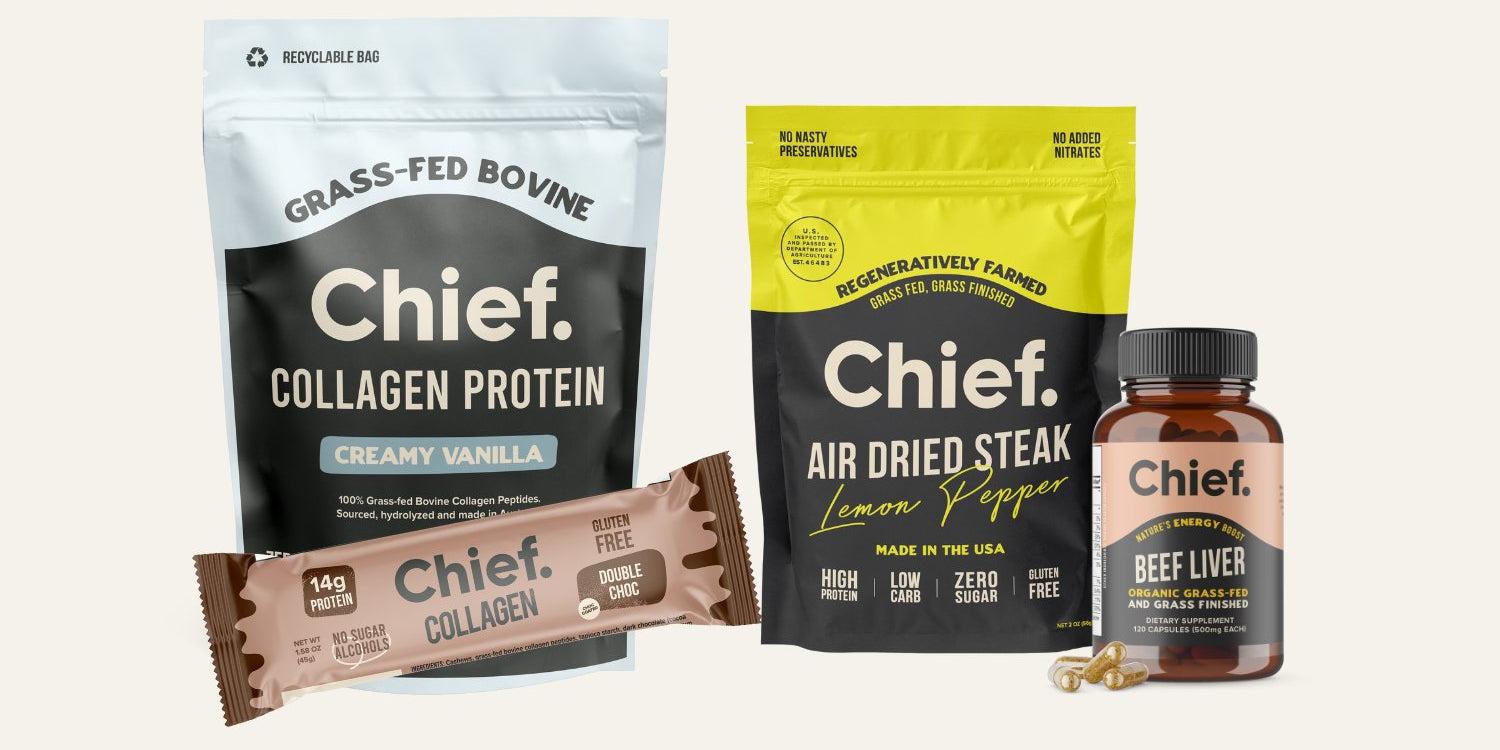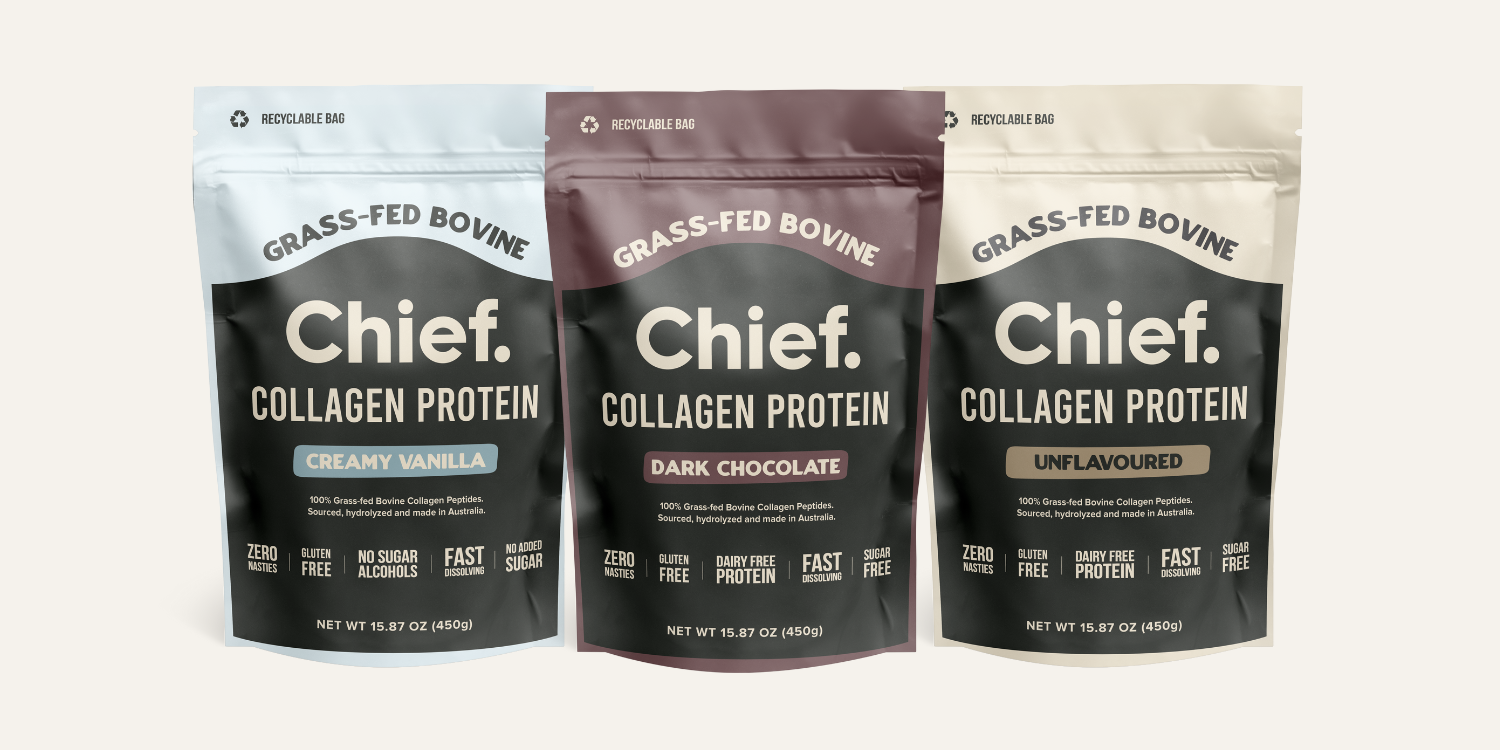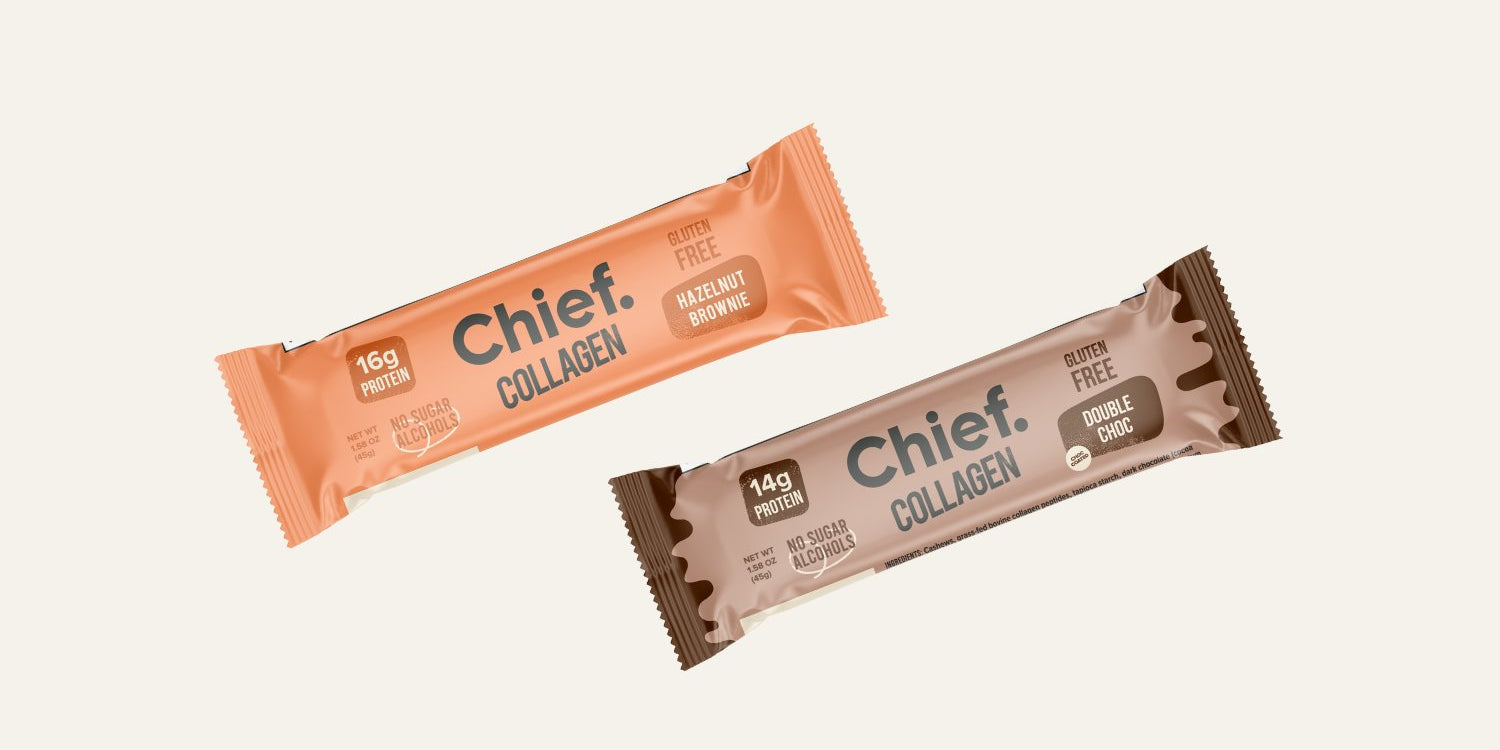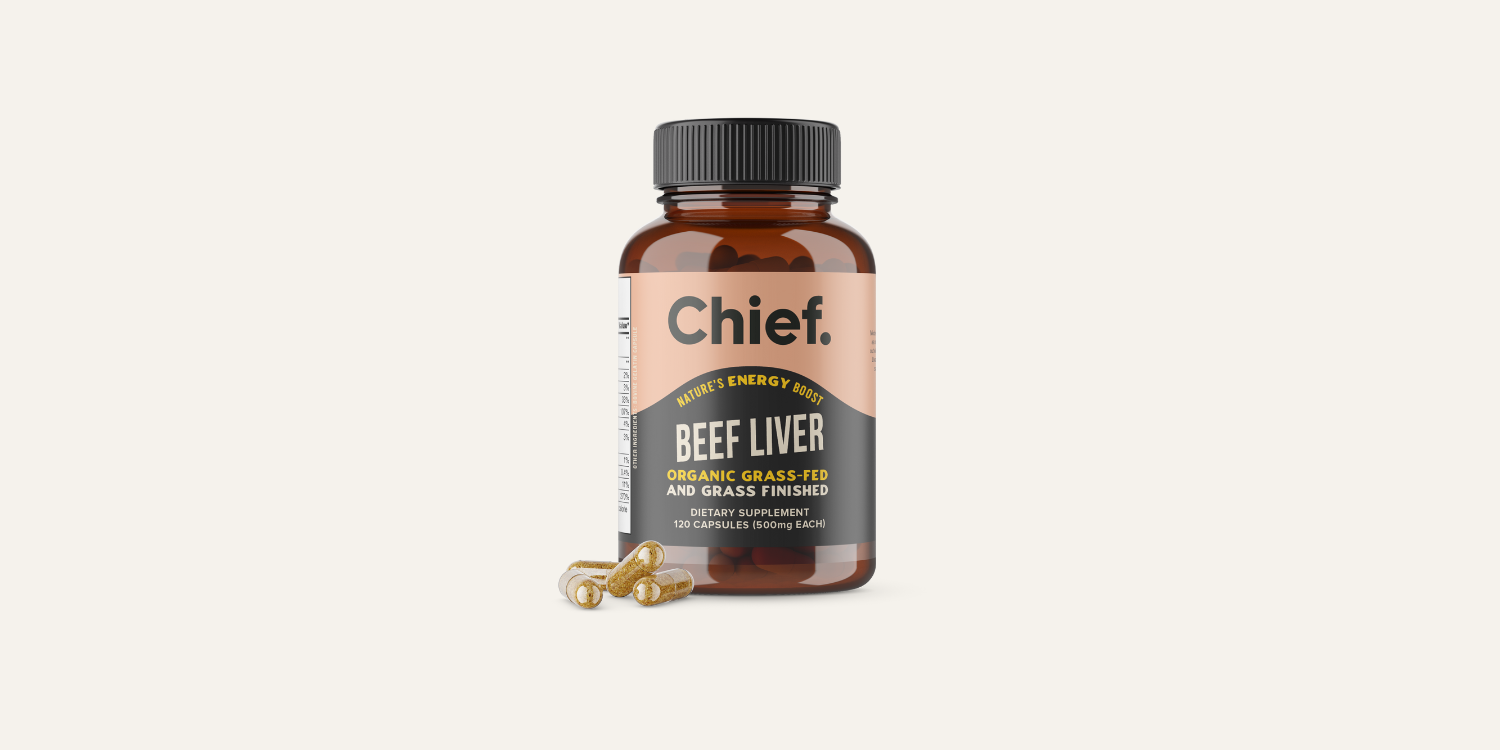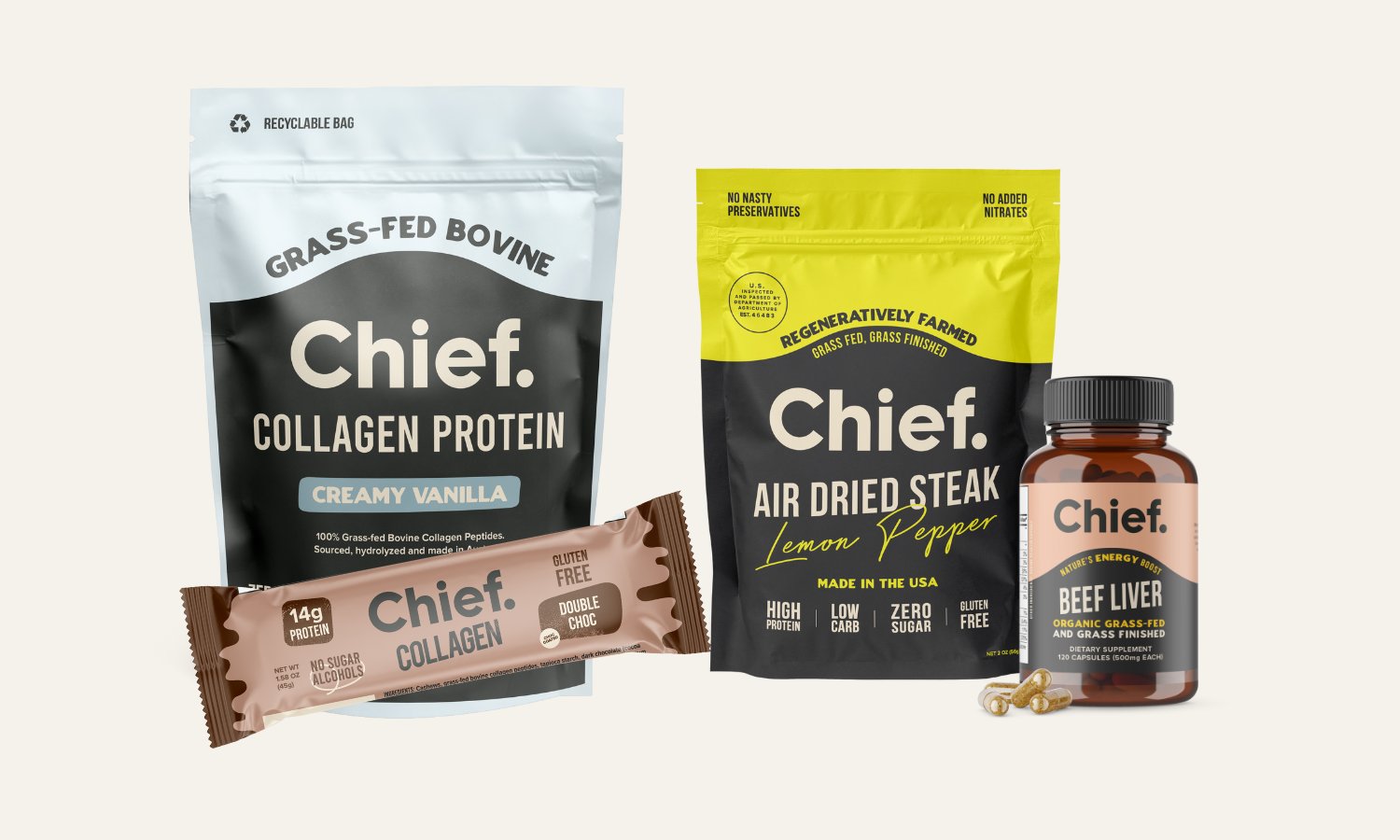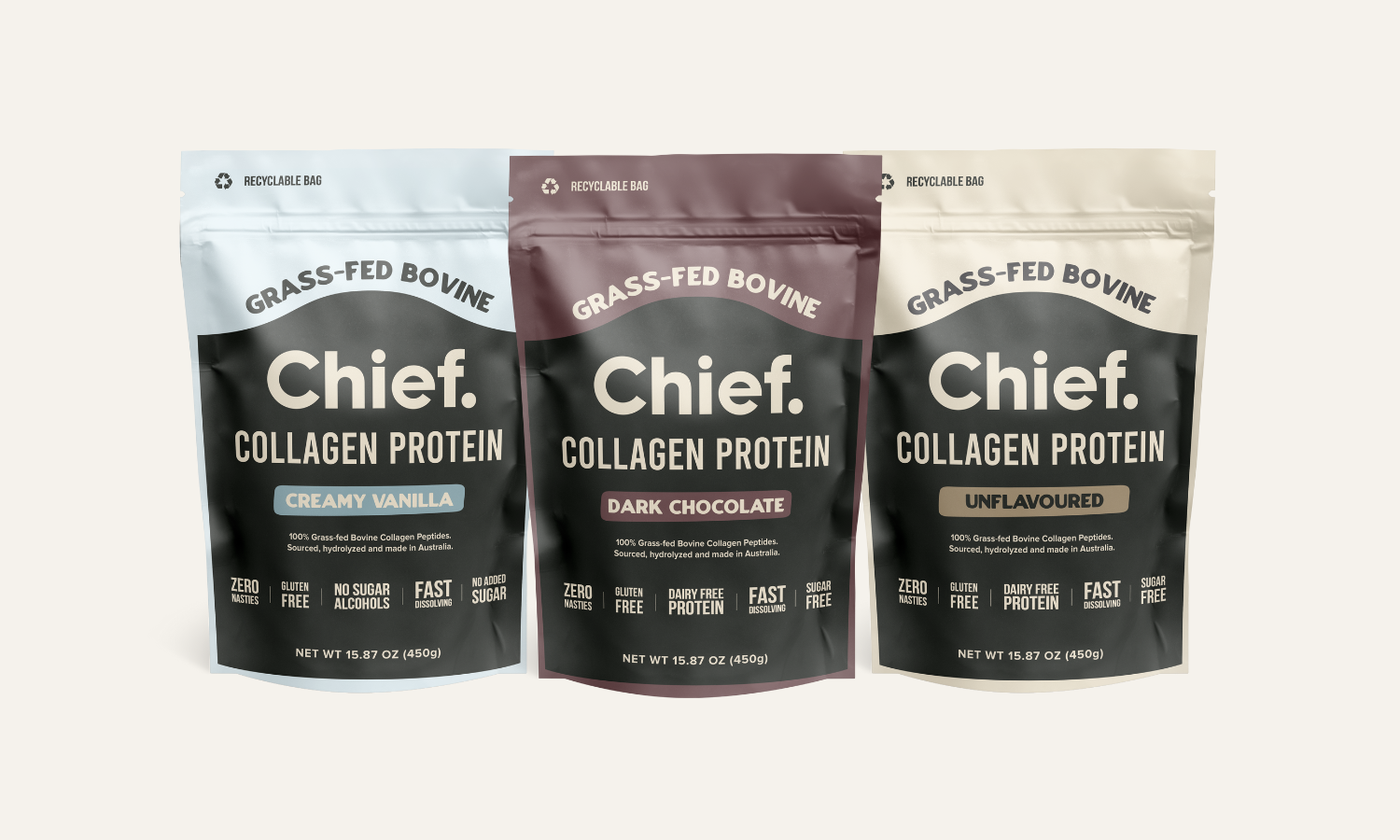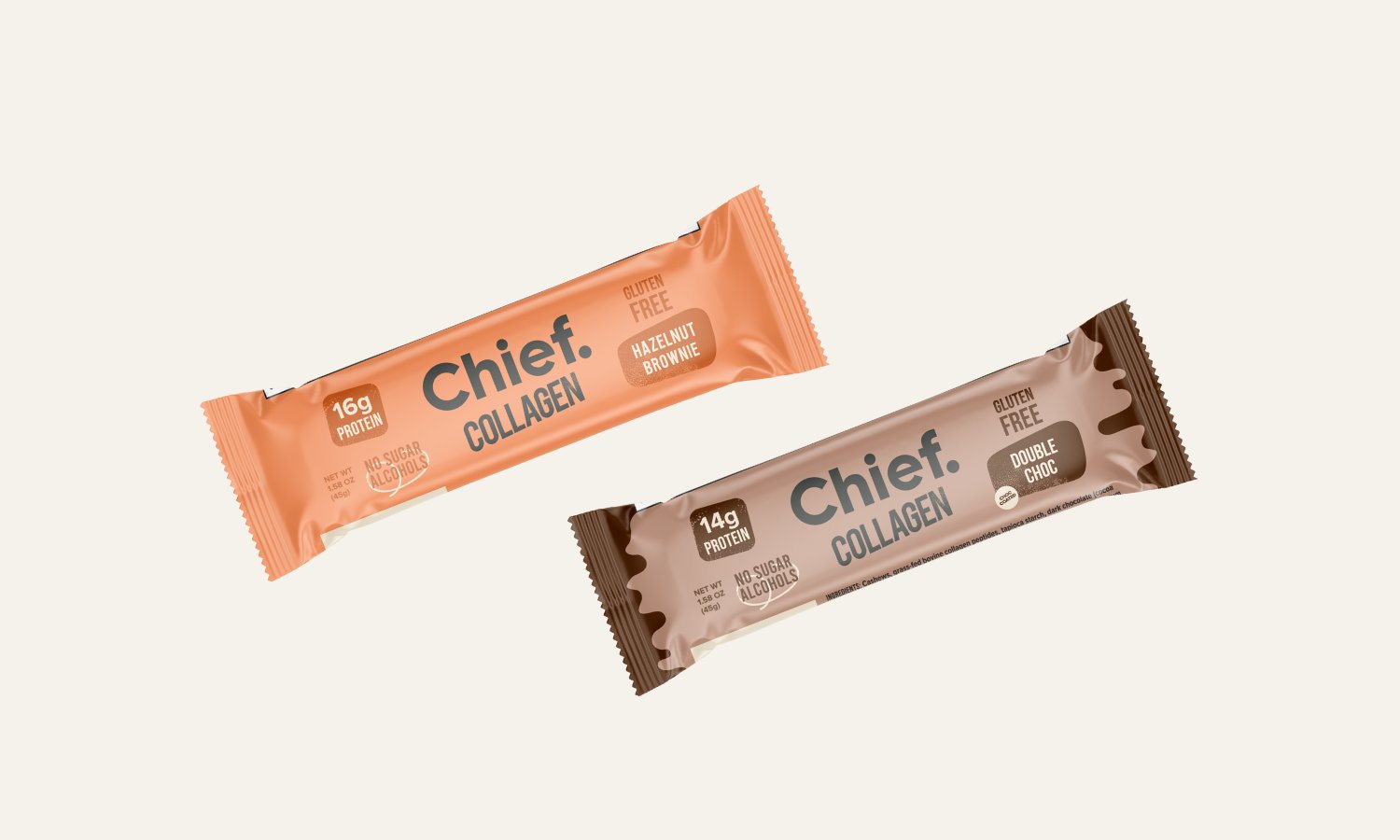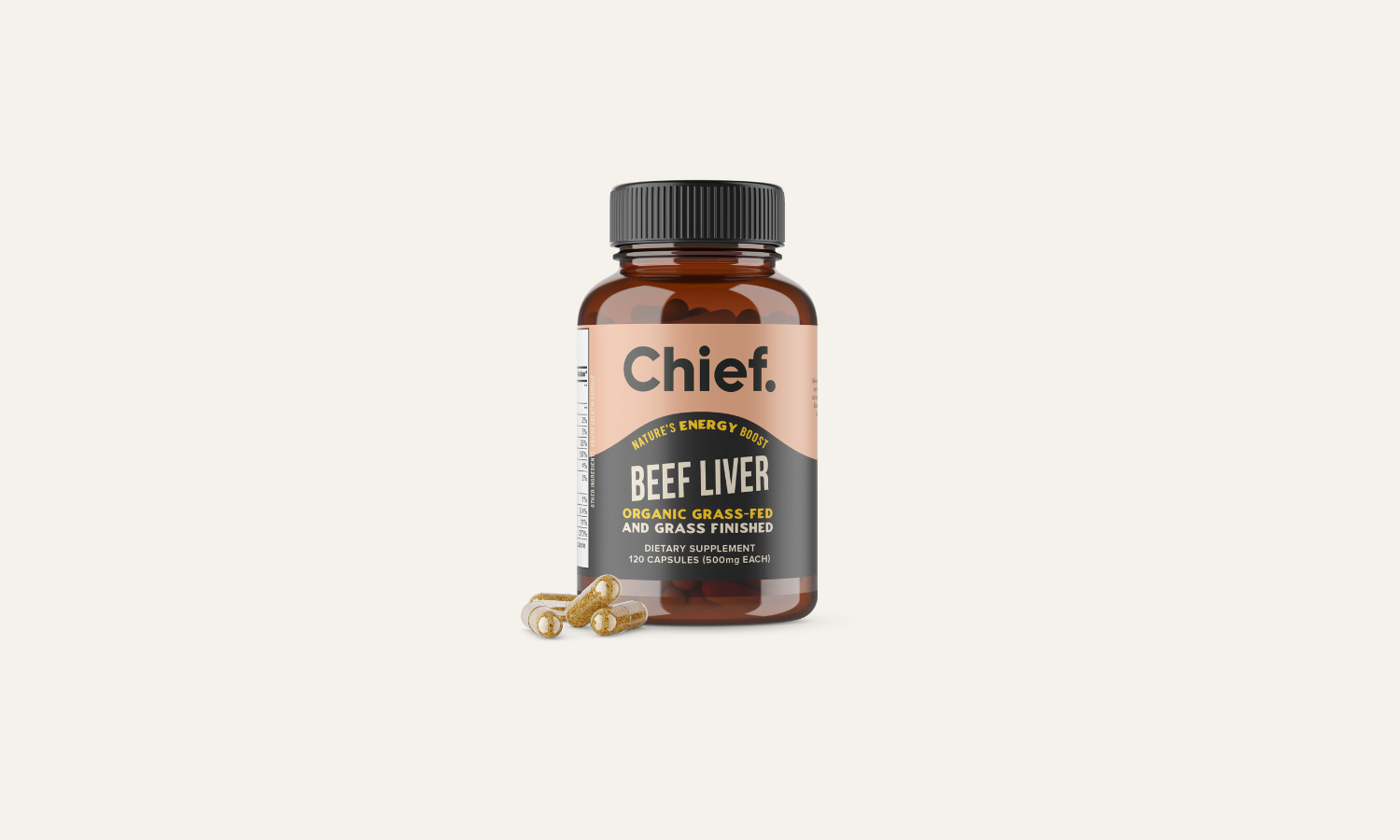Guest post by Solaine Douglas, a PCOS focused Clinical Nutritionist [Bachelor Qualified]
Polycystic Ovary Syndrome (PCOS) is closely linked with insulin resistance, affecting approximately 70–80% of people diagnosed with the condition. But how exactly does insulin resistance worsen PCOS symptoms—and what can you do about it?
In this post, we dive into the underlying mechanisms at play and share proven strategies (including supportive nutrition from Chief) that can help improve insulin function and ease PCOS symptoms naturally.
The Link Between Insulin Resistance and PCOS
Insulin is the hormone that helps shuttle glucose (sugar) from your bloodstream into your cells for energy. When your body becomes resistant to insulin, it compensates by producing even more. Over time, this insulin surge leads to a cascade of hormonal imbalances—especially problematic for those with PCOS.
Key Mechanisms: How Insulin Resistance Worsens PCOS
-
Increased Androgen Production
Excess insulin stimulates the ovaries to produce more androgens (male hormones like testosterone). This hormonal spike contributes to common PCOS symptoms like acne, hair growth, and cycle irregularities.
-
Reduced SHBG (Sex Hormone Binding Globulin)
Insulin resistance also decreases the liver’s production of SHBG, a protein that binds and helps regulate hormones. Low SHBG means higher levels of active testosterone, intensifying PCOS symptoms like oily skin, mood swings, and unwanted hair growth.
The Impact on Daily Life
The hormonal rollercoaster caused by insulin resistance doesn’t just show up on blood tests—it impacts your energy, confidence, fertility, and emotional wellbeing:
-
Irregular or Missing Periods
-
Stubborn Acne & Oily Skin
-
Mood Swings, Irritability or Anxiety
-
Excess Facial or Body Hair (Hirsutism)
-
Weight Gain, Especially Around the Abdomen
-
Sugar Cravings & Energy Crashes
Smart Strategies to Improve Insulin Sensitivity
Supporting your body to use insulin more efficiently is a foundational step in managing PCOS. Here’s where to start:
-
Balanced, Low-GI Eating
Focus on whole, unprocessed foods that are rich in fiber, healthy fats, and clean protein. Steady blood sugar = steadier hormones. Chief Collagen Protein Bars, Beef Bars, and Biltong are the perfect PCOS-friendly snack.
-
Regular Movement
Both resistance training and walking can drastically improve insulin sensitivity. Even 20–30 minutes a day can make a big difference.
-
Stress Reduction
Cortisol (your stress hormone) directly impacts insulin and blood sugar levels. Mindful practices like breathwork, grounding, and sleep hygiene are non-negotiables.
At Chief, they craft nutrient-dense, real food products that align with what your body actually needs—especially when navigating hormone imbalance and insulin resistance. Here’s why our range is ideal for those with PCOS:
-
High-Quality Protein Without the Nasties
The beef and collagen protein bars are made with wholefood ingredients—no added sugar, no soy, no seed oils, no preservatives. They’re a clean, satiating option to help stabilise blood sugar and curb cravings between meals.
-
Blood Sugar Friendly
Low in carbs and high in satiating fats and proteins, Chief’s protein-rich snacks help reduce blood sugar spikes and insulin load—key for PCOS management. -
Gut & Skin Support
Chief Collagen Protein supports gut integrity and skin health—both of which are often compromised in PCOS due to inflammation and hormonal shifts.
-
Convenient for Busy Lifestyles
When fatigue, brain fog or a busy day hits, Chief gives you a hormone-friendly option to stay nourished without resorting to processed snacks or sugary convenience foods.
Insulin resistance is one of the root drivers of PCOS—but it’s also one of the most empowering targets for healing. With lifestyle shifts and the right nutritional support, it is possible to restore hormone harmony, regulate your cycle, and feel like yourself again. I hope this helps you navigate PCOS

